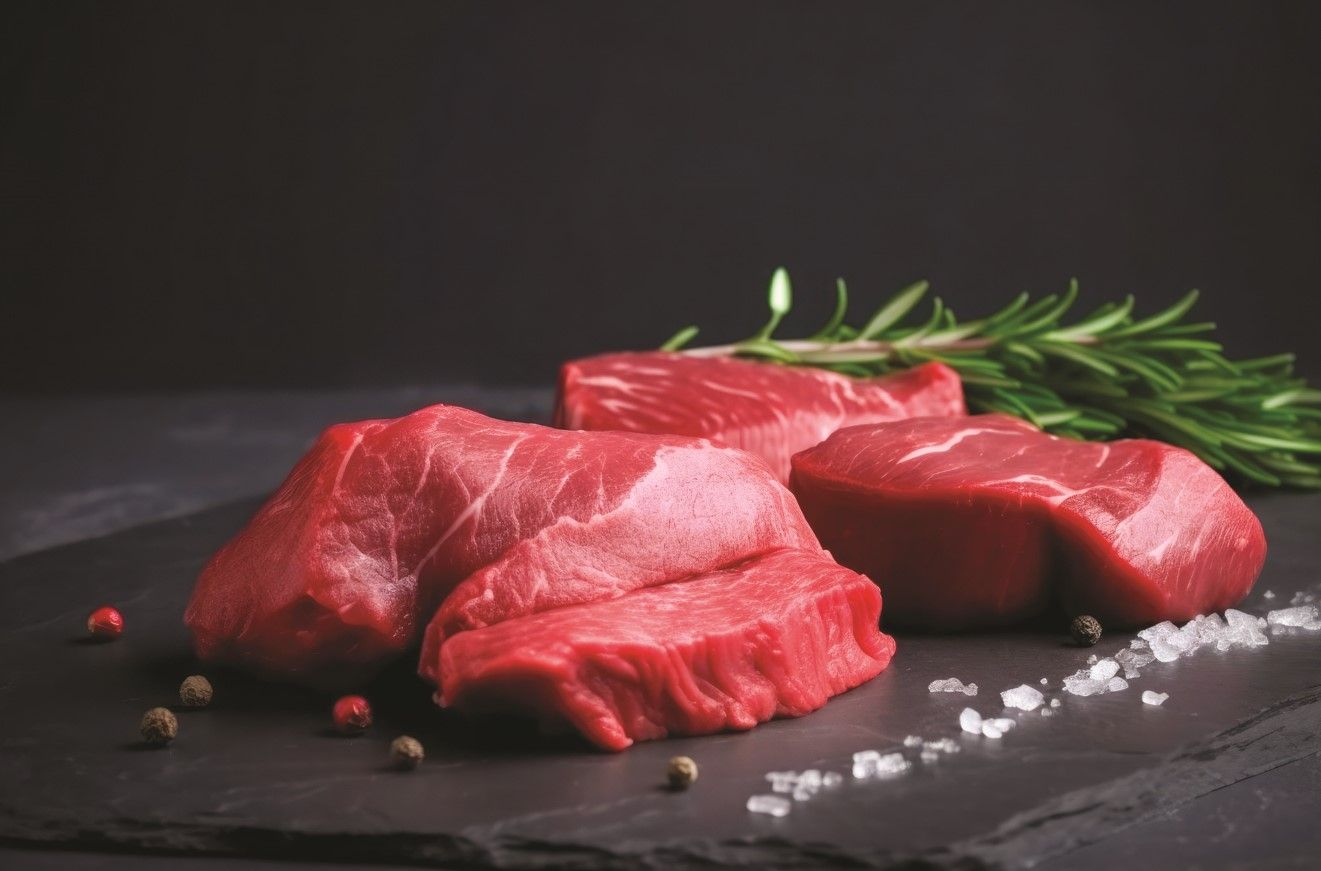Meat consumption and cancer risks
Evaluating evidence and implications for health
In today's health-conscious society, the discussion around meat consumption and its link to cancer has never been more relevant. Alarmingly, research continues to emerge illustrating potential risks, urging consumers worldwide to rethink their dietary choices. One of the foremost voices highlighting these concerns is Cancer Research UK, supported by the International Agency for Research on Cancer’s (IARC) carcinogenic classification groups.

I. Processed Meat: The First Villain
Processed meat tops the list as a major perpetrator. Comprising of meats preserved through smoking, curing, salting, or with the addition of chemical preservatives, processed meats include popular items such as bacon, sausages, and ham.
The International Agency for Research on Cancer (IARC), part of the World Health Organization (WHO), classified processed meat as a Group 1 carcinogen in 2015. This classification indicates that there is sufficient evidence to support that processed meat is carcinogenic to humans. Specifically, it's associated with an increased risk of colorectal cancer. Studies suggest that consuming 50 grams of processed meat daily (equivalent to one hot dog or a few slices of bacon) increases the risk of colorectal cancer by approximately 18 percent. The main culprits in these foods are the preservatives – specifically sodium nitrate and potassium nitrate. These compounds are notorious for their carcinogenic properties, posing significant health risks.
Consumption of these preservatives not only increases cancer risk but also heightens the likelihood of heart disease. They are known to damage blood vessels, causing arteries to harden and narrow. Moreover, cooking processed meat at high temperatures, such as frying or grilling, dramatically increases the formation of nitrosamines, compounds linked directly to cancer.

II. Red Meat: The Second Villain
Red meat, defined as the meat of any mammal such as beef, lamb, and pork, is the second accused in this dietary concerns. The evidence linking red meat consumption to cancer is less straightforward than with processed meats. However, substantial research supports the assertion that red meat increases the risk of cancer, particularly colorectal cancer.
While there is limited evidence to suggest that red meat itself directly causes cancer, there is robust evidence pointing to its carcinogenic potential. In simpler terms, regular consumption can elevate one's risk of developing various cancers over time.

III. Healthier Protein Sources: Strategies for Risk Reduction
Shifting protein intake from red and processed meats to healthier options can significantly lower cancer risk. White meats, such as chicken and fish, are not only more easily digested but are also rich in essential amino acids and low in fats, making them excellent alternatives.
Moreover, incorporating plant-based proteins into one's diet is highly recommended. Whole grains, legumes, and beans provide ample protein while also being rich in dietary fiber and other vital nutrients. Fresh fruits and vegetables further contribute to this healthful approach, offering fibers and phytonutrients known to combat various diseases.
The evidence connecting meat consumption to cancer is compelling and warrants serious consideration. Processed meats, with their harmful preservatives and cooking-induced carcinogens, pose significant health risks. While the evidence against red meat is slightly less conclusive, it nonetheless suggests a noteworthy increase in cancer risk from regular consumption. While processed meat is linked to cancer, it is important to consider overall diet and lifestyle. Smoking, excessive alcohol consumption, and obesity also significantly contribute to cancer risk. Thus, a holistic approach to health is crucial. By adopting healthier protein sources, including white meats and plant-based alternatives, and increasing the intake of fresh fruits and vegetables, individuals can markedly reduce their cancer risk.
Adapting these dietary changes is not just a trend but a necessary shift towards a healthier, cancer-free future.